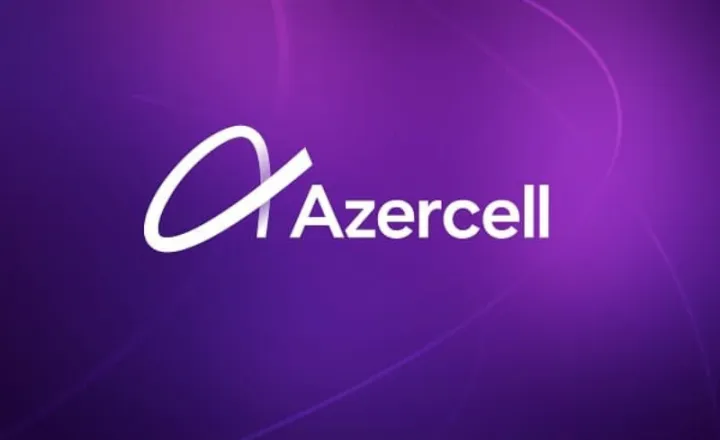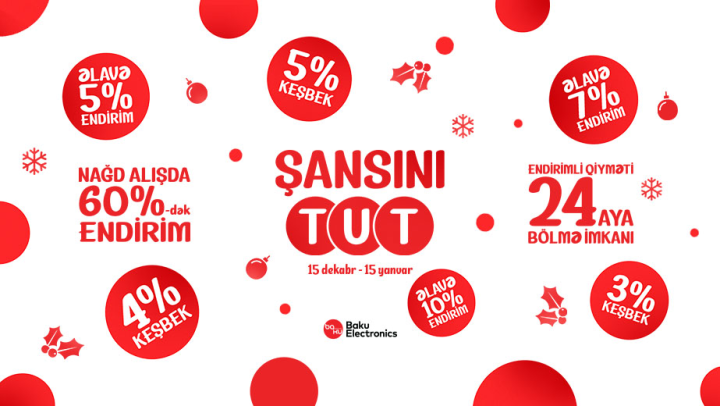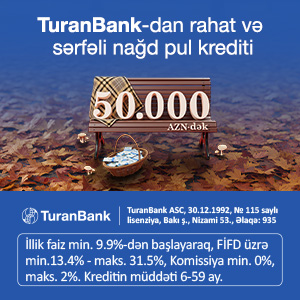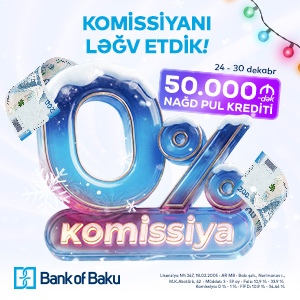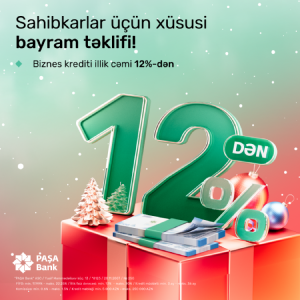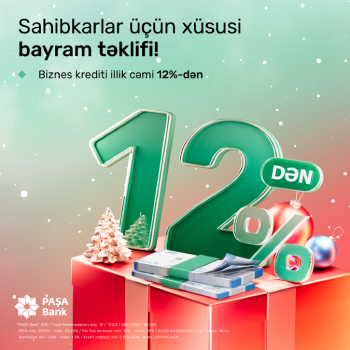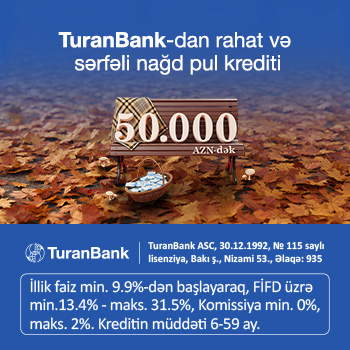Qlobal reytinq agentliyi “Expressbank”a "sabit" qiymət verdi
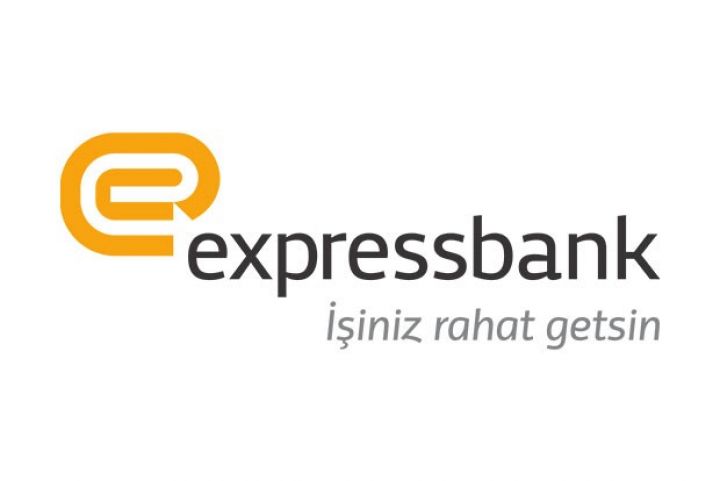
“Fitch” beynəlxalq reytinq agentliyi “Expressbank” ASC-nin uzunmüddətli defolt reytinqini (IDR) “B” səviyyəsində, "sabit" proqnoz ilə təsdiq edib.
Bu barədə agentliyin açıqlamasında bildirilir.
"Fitch" qeyd edib ki, “Expressbank” sağlam kapital buferinə, limitli xarici valyuta riskinə və rahat likvidliyə malikdir.
Fitch Affirms Expressbank at 'B'; Outlook Stable
Fitch Ratings has affirmed Azerbaijan-based Expressbank Open Joint Stock Company's Long-Term Issuer Default Rating (IDR) at 'B' with a Stable Outlook. A full list of rating actions is at the end of this rating action commentary.
KEY RATING DRIVERS
The affirmation of Expressbank's ratings reflects its reasonable asset quality, weak profitability, solid capital buffers, limited exposure to foreign-exchange risks and comfortable liquidity. The ratings also take into account the bank's very high level of related-party lending and a limited franchise in Azerbaijan's challenging operating environment.
IFRS 9 Stage 3 loans stood at a moderate 4.5% of gross loans at end-2018 and at 63% were adequately provisioned by specific reserves, based on management disclosures. The bulk of these loans were concentrated in the SME portfolio. Although SME loans amounted to only 8% of total loans, almost half were impaired.
Expressbank's very high exposure to related parties (40% of gross loans, or 72% of Fitch Core Capital (FCC)) at end-2018 is one of the main negatives for asset quality and consequently, the bank's ratings. These loans were granted to only a few corporates, including a large company engaged in infrastructure construction as well as to a government-backed start-up diversified production plant. Off-balance-sheet exposure to these companies made up a further 10% of FCC. Related-party loans were classified as Stage 2 and were provisioned by 25% at end-2018.
Earnings and profitability are relative weaknesses. Expressbank is hampered by weak revenue generation, high operational costs and high loan impairment charges. Pre-impairment profit weakened to 0.3% of average assets in 2018. Loan impairment charges rose sharply in 2018 due to the provisioning of related-party loans causing negative operating profit to risk-weighted assets ratio of 8.5% and negative ROAE of 18%.
Expressbank is well capitalised. Its FCC ratio decreased to 41% at end-2018 from 59% at end-2017 due to negative net income and loan-driven growth of risk-weighted assets. The regulatory Tier 1 ratio was a lower 21% at end-1Q19 due to a partial deduction of the related-party exposures, while the total capital ratio was 23%, both comfortably above the respective minimums of 5% and 10%. Fitch estimates the ratios would be still above the regulatory minimums at end-1Q19 even if the exposure to related parties were fully deducted from the regulatory capital.
Expressbank is funded by customer accounts (83% of liabilities at end-1Q19) with the majority of funds raised from individuals (63% of liabilities). Corporate accounts decreased by 67% in 1Q19 due to repayment of funds to a large depositor. The buffer of highly liquid assets (cash and equivalents, net short-term interbank placements and placements with the Central Bank of Azerbaijan, including short-term bonds) decreased significantly but remained comfortable, equal to 26% of customer funding at end-1Q19.
The Support Rating Floor of 'No Floor' and Support Rating of '5' reflect the bank's limited scale of operations and market share. Therefore, Fitch's views sovereign support for the bank as uncertain. This view is supported by the default of Open Joint Stock Company International Bank of Azerbaijan (B-) in 2017, which is the largest bank in the country and is owned by the government. As a result, state support for less systemically important, privately owned banks cannot be relied upon. The potential for support from the bank's private shareholders is not factored into the ratings.
RATING SENSITIVITIES
Rating upside for Expressbank would require substantial franchise and financial profile strengthening, and a material reduction of related-party transactions. The bank would also need to improve capitalisation and liquidity for an upgrade. Conversely, an erosion of capital caused by asset-quality deterioration could lead to a negative rating action, while diminishing franchise also could be rating negative.
Müştərilərin xəbərləri
SON XƏBƏRLƏR
- 1 gün sonra
- 1 gün sonra
-
5 saat sonra
Dollar ilə yeni investisiya imkanı: Azərbaycan Dəmir Yollarının istiqrazları ABB mobile tətbiqində
-

- 5 d. əvvəl
- 7 d. əvvəl
-
25 d. əvvəl
“Alstom” şirkəti Meksika ilə 1 milyard dollarlıq müqavilə imzalayıb
- 53 d. əvvəl
- 58 d. əvvəl
- 1 saat əvvəl
-
2 saat əvvəl
Mirzoyan: Azərbaycan benzininin alınması Ermənistan vətəndaşları üçün çox sərfəlidir
- 20 saat əvvəl
- 1 gün əvvəl
Son Xəbərlər

Biznesiniz üçün QISA NÖMRƏ (Ulduz nömrə) alın

Azərbaycanda Vakansiyalar - Azvak.az

Dollar ilə yeni investisiya imkanı: Azərbaycan Dəmir Yollarının istiqrazları ABB mobile tətbiqində

Rəsmi məzənnələr açıqlandı

İri mağazalar şəbəkəsinin dekabra 2 filailı açılıb

Ən təhlükəsiz ailə krossoverləri açıqlanıb

Mirzoyan: Azərbaycan benzininin alınması Ermənistan vətəndaşları üçün çox sərfəlidir
Ən çox oxunanlar

İlin son ENDİRİMLİ KREDİT TƏKLİFİ!

Dekabrın 28-də gözlənilən hava şəraiti
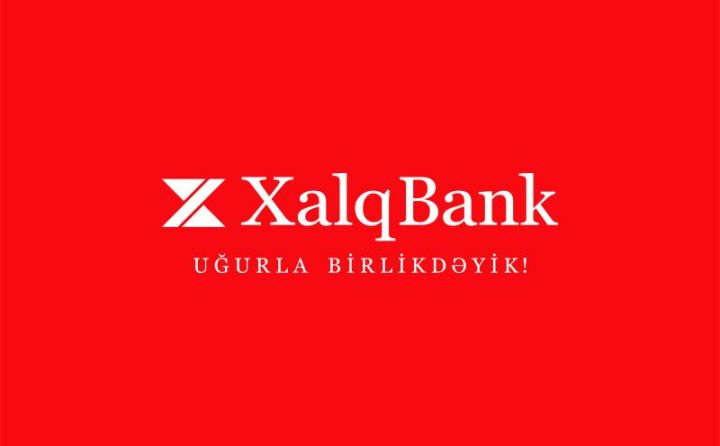
Xalq Bank 21 illiyini qeyd edir

“Güzəştli mənzil” sisteminə xüsusi proqram ilə müdaxilə edən şəxslər cinayət məsuliyyətinə cəlb edildi - AÇIQLAMA

Dolların bazar ertəsi üçün rəsmi məzənnəsi müəyyən olunub

"Ermənistana Azərbaycan ərazisindən taxıl göndərilməsi, Azərbaycandan neft məhsullarını satın alınması etimad quruculuğu proseslərindəndir”

Rəsmi Bakı: "Rus Evi"nin ləğvi prosesi başa çatıb











